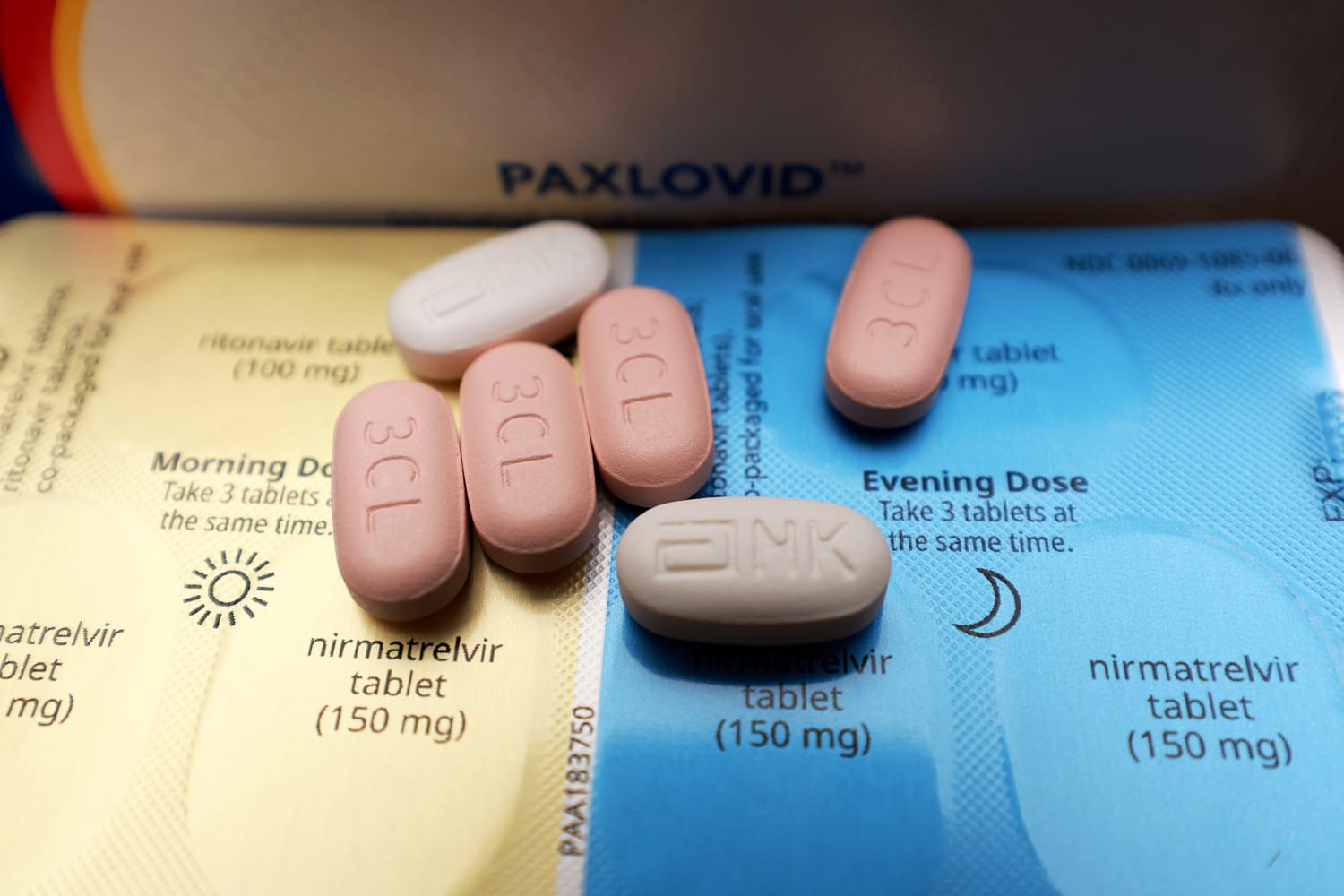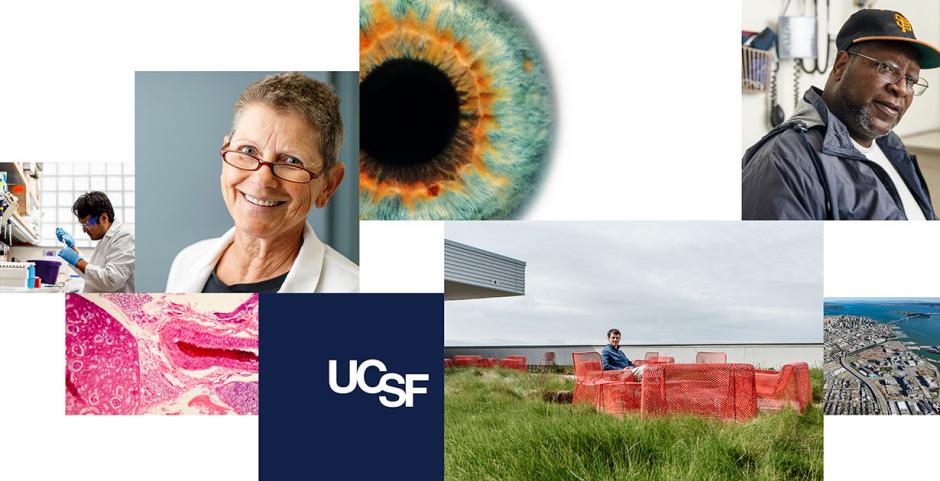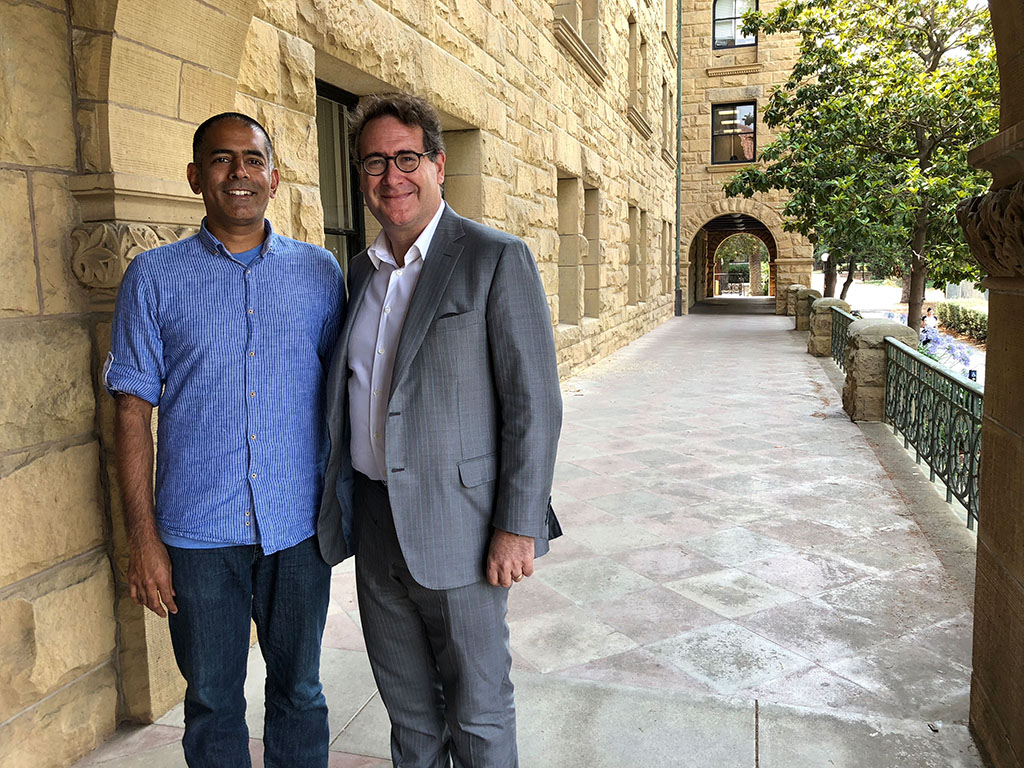Announcements
Lab News & Accomplishments
- September 2023: Congrats to Adam for successfully defneding his PhD on "Insights into CD4+ T cell help in SARS-CoV-2 infection and malaria in pregnancy"!
- September 2023: Congrats to Adam for his publication comparing cellular immune responses between primigravid and multigravid women in malaria-endemic regions and assessing the role of Tr1 cells as a correlate of protection against malaria in pregnancy.
- June 2023: Congrats to Karen for completing her Fellowship in Infectious Diseases at Stanford.
- May 2023: Congrats to Jason for being awarded the Stanford Graduate Interdisciplinary Fellowship.
- May 2023: Congrats to Jordan for his Master's Thesis presentation on "Non-Malarial Fevers and Antimicrobial Use in a Cohort of Ugandan Pregnant Women Enrolled in a Malaria Chemoprevention Trial: A Causal Mediation Analysis."
- January 2023: Congrats to Maureen for her publication profiling NK cell responses after repeated malaria exposure in Ugandan children.
- October 2022: Congrats to Karen for being awarded the Burroughs Welcome Fund/ASTMH Postdoctoral Fellowship as well as receiving two ASTMH awards: ACCTMTH Clinical Research Award, 2nd place, and the Young Investigator Award, 1st tier mention!
- August 2022: Congrats to Savannah for being awarded the McCoy Family Center for Ethics in Society Graduate Fellowship!
- July 2022: Congrats to Jason on his oral presentation at the 2022 EMBL Innate immunity in host-pathogen interactions conference in July 2022!
- May 2022: Congrats to Kattria for her publication evaluating CD4 T cell dynamics following COVID-19 published in Cell Reports Medicine!
- May 2022: Congrats to Jason on receiving the 2022 ITI Pilot Project Award!
- April 2022: Congrats to the Bhatt lab who used samples collected from the Lambda clinical trial to report that patients with mild to moderate COVID-19 can shed RNA in their stool up to 7 months post-infection!
- February 2022: We enrolled our first participant into the Modifying immunity in children with DihydROartemisinin Piperaquine (MIC-DroP) trial! (NCT 04978272)
- January 2022: Congrats to the Wang lab for their study utilizing samples collected from the Lambda clinical trial that implicate early, non-neutralizing afucosulated IgG antibodies in COVID-19 pathogenesis!
- November 2021: Congrats to Nick on his publication in Clinical Infectious Diseases describing infant immune phenotypes of malaria and age-dependent sickle cell trait protection in Uganda children!
In the Press
External News
- – Could Paxlovid treat long Covid? Major new study aims to find out
Could Paxlovid treat long Covid? Major new study aims to find out
Experts hope the antiviral may help those who have never fully recovered from Covid.
- – San Francisco Chronicle
What can be done about Paxlovid rebound for COVID patients? Here’s what Bay Area doctors are thinking
Infectious disease experts in the Bay Area are thinking about how to manage the COVID...
- – eLife
Study reveals differences in malaria clearance between males and females
First-of-its-kind study highlights the need to better understand sex-based differences in the human response to malaria parasites.
- – NBC Bay Area
Stanford Doctor Discusses New Coronavirus Trial
If you have COVID-19, Stanford Health Care may be able to help you right away. Stanford is looking for volunteers to take part in a new trial, and it wants to treat patients almost immediately after testing positive. Dr. Prasanna Jagannathan talks with Raj Mathai about the trial and the treatment.
- – Malaria’s Clinical Symptoms Fade on Repeat Infections Due to Loss of Immune Cells, UCSF-Led Team Finds | UC San Francisco
Malaria’s Clinical Symptoms Fade on Repeat Infections Due to Loss of Immune Cells, UCSF-Led Team Finds
Children who repeatedly become infected with malaria often experience no clinical symptoms with these subsequent infections, and a team led by UC San Francisco researchers has discovered that this might be due at least in part to a depletion of specific types of immune cells.
Internal News
- – Stanford Medicine Annual Reports
Renewing the Field | Nurturing the Next Generation of Infectious Disease Physician-Scientists
The COVID-19 pandemic highlighted the importance of having a robust workforce of skilled infectious disease physicians and researchers. They played a vital role in vaccine development, understanding the virus’s behavior, diagnosing and treating patients, and studying its transmission. To cultivate a vibrant field that continues to flourish and attract the sharpest and brightest minds, the division of infectious diseases and geographic medicine prioritizes mentoring and nurturing the next generation of infectious disease physician-scientists. When another pandemic happens, these emerging new scientists will be the ones on the front lines tasked with safeguarding the public’s health.
- – News Center
Stanford Medicine researchers lead clinical trial of interferon-lambda for COVID-19
Scientists at Stanford Medicine are investigating whether a molecule called interferon-lambda can help people with mild cases of COVID-19 feel better and reduce their transmission of the disease-causing virus.
- – News Center
Rosenkranz Prize winner hopes to develop malaria vaccine for pregnant women
Prasanna Jagannathan said the $100,000 prize will allow his lab team to ramp up their research in Uganda.
- – News Center
Child Health Research Institute awards 26 grants for 2017
The Stanford institute’s grant program funds projects that support innovative clinical and translational research on maternal and child health.






